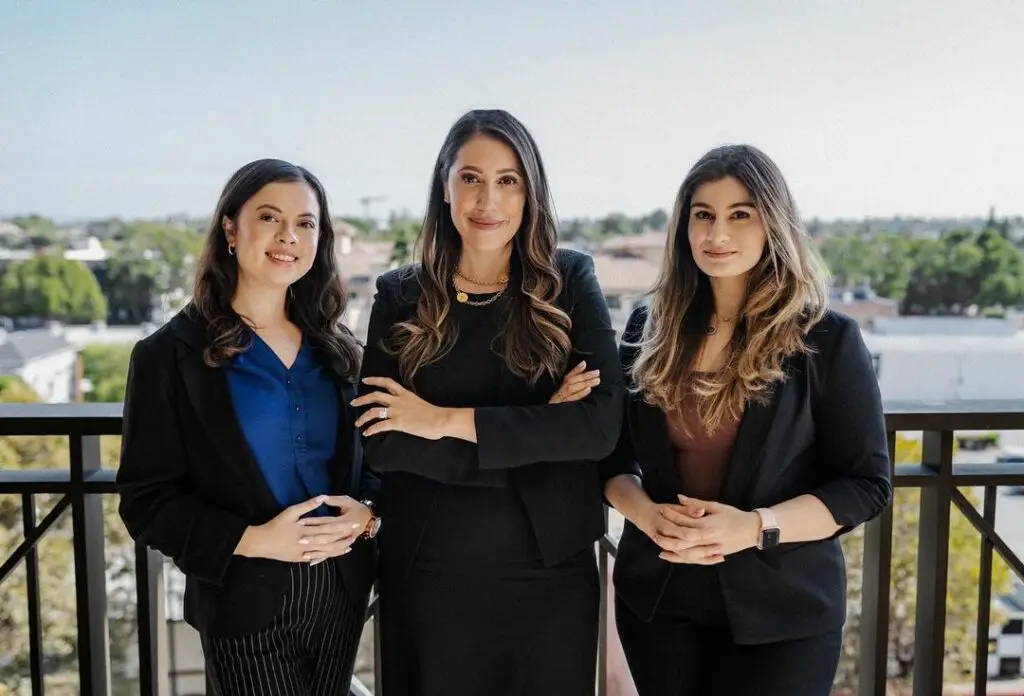A workplace injury can leave an employee unable to return to their previous job, either temporarily or permanently. In such cases, vocational rehabilitation plays a crucial role in helping injured workers transition to new employment opportunities. California’s workers’ compensation system provides supplemental job displacement benefits (SJDB) for eligible workers, offering resources for retraining, education, and skill development.
This article explains vocational rehabilitation in the context of California workers’ compensation, who qualifies for these benefits, and how to navigate the process.
What Is Vocational Rehabilitation?
Vocational rehabilitation refers to services designed to help injured workers re-enter the workforce by acquiring new skills or transitioning to a different career. These services are particularly valuable for employees who can no longer perform their previous job due to permanent disabilities caused by workplace injuries.
Goals of Vocational Rehabilitation:
- Reintegration into the Workforce:
Help injured workers find suitable employment that accommodates their limitations. - Skill Development:
Provide training or education to prepare workers for new roles. - Job Placement Assistance:
Support workers in finding and applying for jobs that match their abilities.
Vocational Rehabilitation in California Workers’ Compensation
California does not provide traditional vocational rehabilitation programs as part of workers’ compensation. However, injured workers who qualify for Supplemental Job Displacement Benefits (SJDB) can access resources to support retraining and education.
What Are SJDB Benefits?
Supplemental Job Displacement Benefits (SJDB) are vouchers provided to eligible injured workers who cannot return to their previous job due to a workplace injury. These vouchers can be used for:
- Tuition and fees for retraining or skill enhancement programs.
- Costs associated with obtaining certifications or licenses.
- Equipment or tools required for training.
Who Qualifies for Vocational Rehabilitation?
To qualify for SJDB benefits, workers must meet the following criteria:
- Permanent Partial Disability:
The worker must have a permanent disability that prevents them from returning to their previous job. - Employer Inability to Accommodate:
The employer must be unable or unwilling to offer modified or alternative work that accommodates the worker’s limitations.
Exclusions:
- Workers who can return to their previous job with reasonable accommodations may not qualify for SJDB benefits.
- Workers who voluntarily leave their job or fail to participate in offered rehabilitation services may lose eligibility.
Steps to Access Vocational Rehabilitation Services
If you believe you are eligible for vocational rehabilitation, follow these steps to access services:
1. Obtain a Doctor’s Evaluation
Your treating physician must assess your condition and determine whether you are unable to return to your previous job due to your injury.
2. Request SJDB Benefits
Notify your employer or their insurance carrier of your need for supplemental job displacement benefits. The insurer must provide a voucher if you qualify.
3. Choose a Training Program
Research approved training programs, schools, or certification courses that align with your career goals and physical abilities.
4. Use the Voucher
The SJDB voucher covers up to $6,000 in expenses related to education, training, and job placement services.
5. Seek Placement Assistance
Many programs include job placement services, such as resume building, interview preparation, and job search support.
Common Challenges in Vocational Rehabilitation
While vocational rehabilitation provides valuable resources, injured workers may face challenges accessing or utilizing these benefits:
1. Disputes Over Eligibility
Employers or insurers may dispute whether a worker is unable to return to their previous job or eligible for SJDB benefits.
2. Limited Funding
The $6,000 cap on SJDB vouchers may not fully cover the costs of certain training programs or certifications.
3. Physical or Emotional Barriers
Workers may struggle to adapt to new roles or training programs due to ongoing physical limitations or emotional stress.
4. Job Market Challenges
Finding suitable employment in a competitive job market can be difficult, particularly for workers transitioning to a new industry.
Tips for a Successful Vocational Rehabilitation Experience
To maximize the benefits of vocational rehabilitation, consider the following strategies:
- Explore Career Options:
Research industries and roles that align with your interests and physical abilities. - Work with Professionals:
Seek guidance from vocational counselors or case managers to identify suitable training programs. - Leverage All Resources:
Use the SJDB voucher to cover tuition, certification fees, and job placement services. - Stay Engaged:
Actively participate in training programs and job search activities to improve your chances of finding employment.
How an Attorney Can Help
Navigating the vocational rehabilitation process can be complex, especially if disputes arise over eligibility or benefits. An experienced workers’ compensation attorney can:
- Advocate for your eligibility for SJDB benefits.
- Help you obtain the necessary medical evaluations to support your claim.
- Assist in resolving disputes with insurers or employers.
- Ensure you receive the full benefits and resources you’re entitled to under California law.
Conclusion
Vocational rehabilitation is a vital resource for injured workers who can no longer perform their previous jobs. Through programs like Supplemental Job Displacement Benefits, California workers’ compensation provides opportunities for retraining, education, and career transitions. While the process can be challenging, these resources help injured workers regain financial independence and stability.
If you’re navigating vocational rehabilitation or facing disputes over your eligibility, consulting an experienced workers’ compensation attorney can ensure you receive the support and benefits you need to move forward.


